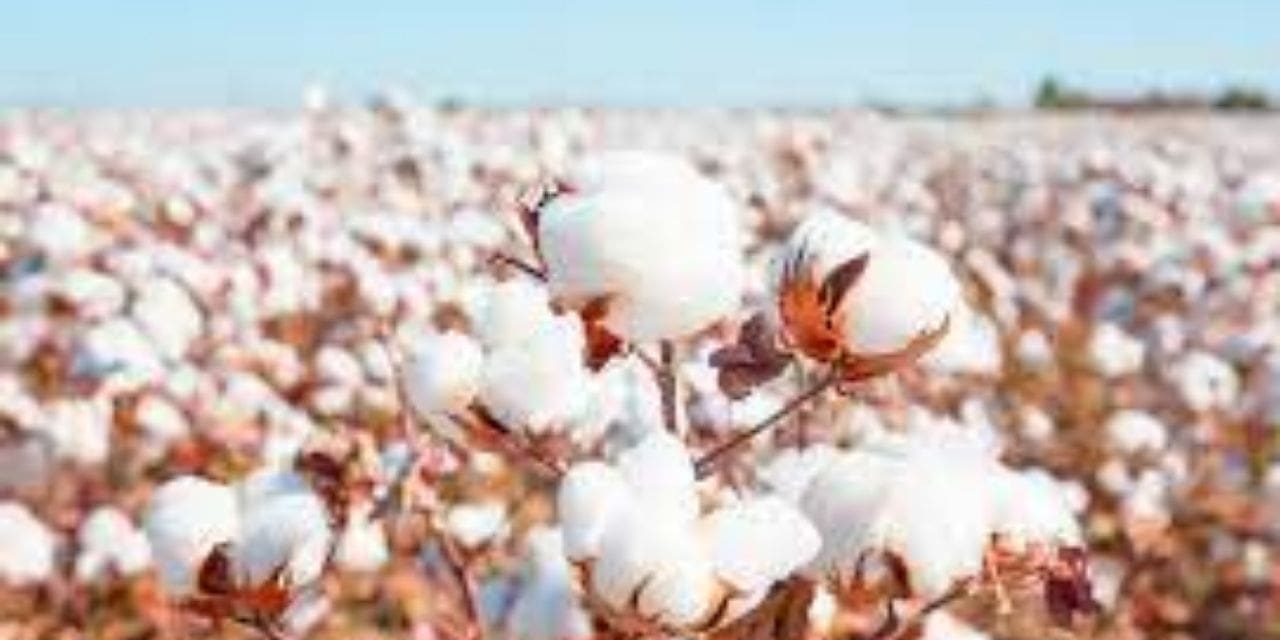Issuance for the textile sector will see an 8.1% growth in FY23 compared with the revised budget allocation for FY22.
According to the Union Budget presented on Tuesday, of the total allocation of ₹12,382 crore for the textile sector for next financial year, ₹133.83 crore is for Textile Cluster Development Scheme, ₹100 crore for National Technical Textiles Mission, and ₹15 crore each for PM Mega Integrated Textile Region and Apparel parks scheme and the Production Linked Incentive Scheme.
The Centre has also allocated ₹105 crore for FY23 towards the Raw Material Supply Scheme.
Committed liability
The main increase is for cotton procurement by Cotton Corporation of India under the price support scheme. The Cotton Corporation will see an allocation of ₹9,243 crore for the next financial year as against ₹8,440 crore in the revised budget allocation for the current year. This is for the committed liability of the government to the Corporation, said an official.
On duties levied, with no changes in the 10% import duty on cotton, the industry’s expectation of measures to control cotton prices, which is the raw material, was not met. Trimmings, embellishments, labels and the like that attract 5% import duty will now be available as duty-free imports for exporters of textiles and leather garments. But, it looks like made-ups and home textiles have been excluded from the duty-free import of trimmings, etc.
At present, machinery such as for knitting and weaving machines are included in the list of machines having Concessional Custom Duty of 5%. All these machines will attract 7.5% import duty.
‘Review of exemptions’
Finance Minister Nirmala Sitharaman touched upon the review of customs exemptions and tariff simplification for certain items. “This comprehensive review will simplify the customs rates and tariff structure particular for sectors like chemicals, textiles and metals, and minimise disputes,” she said.
Industry sources said customs duty includes the ad valorem tax and specific duty. The specific duty is likely to be rationalised for certain fabric items and removed for some of the garments.

